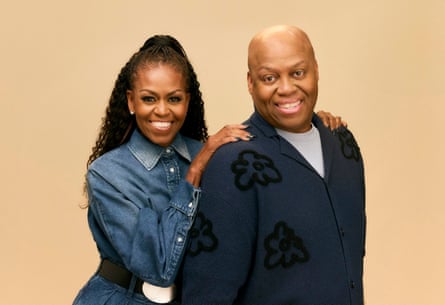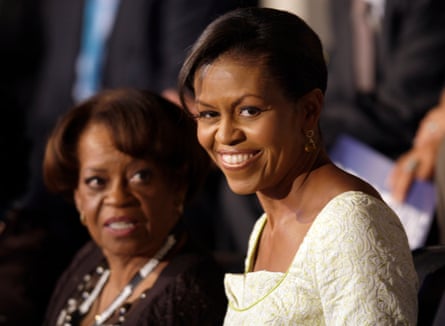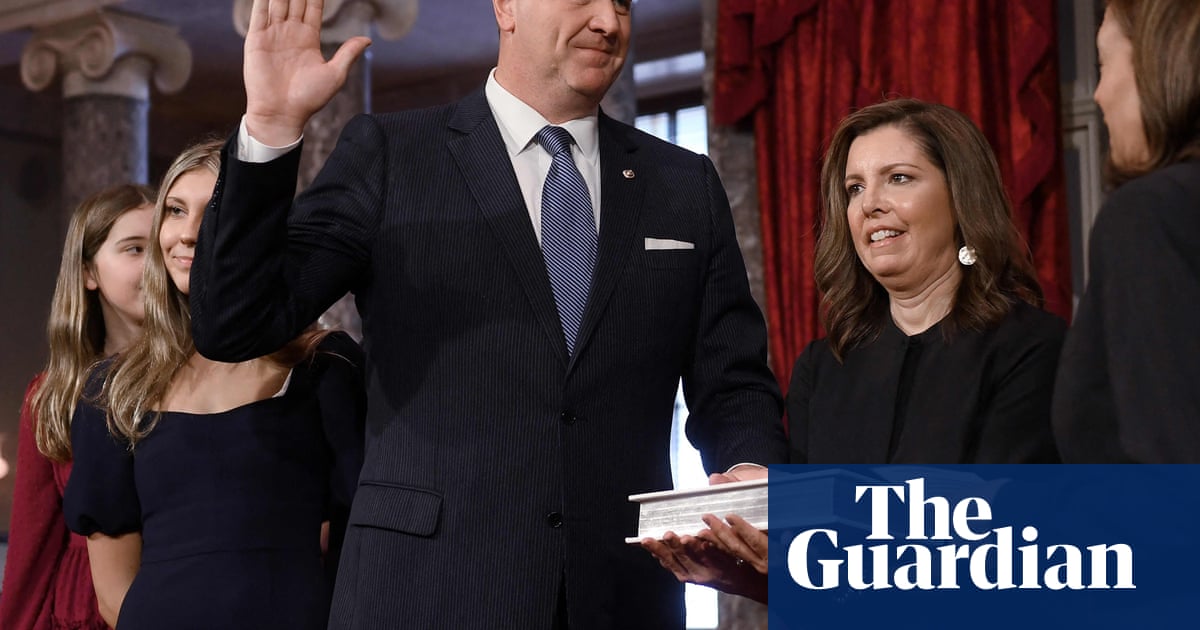Hello and welcome to The Long Wave. This week, I review Michelle Obama’s new podcast, IMO, which is surprising in the ways it breaks with the Michelle of the past.
I came to sneer – and stayed to cheer

First, a disclaimer: I had never fully bought into the Michelle Obama hype. I felt her now legendary line “When they go low, we go high” encapsulated a troubling and complacent form of respectability politics, in which Black people have to maintain coolness and grace under fire to be taken seriously. As the first lady, Michelle often seemed like a sanitising presence, wheeled out so that her national treasure status could serve as a smokescreen to obscure more honest and damning assessments of Barack Obama’s political record.
Also, I am not a huge fan of the celebrity podcast genre, which is a vehicle for high-profile figures to chat to their friends in return for huge pay packets. So I was sceptical when Michelle’s podcast was launched in March. Yet when I listened to it, I was immediately charmed and hooked. In truth, I came to sneer and stayed to cheer. She is honest, reflective and vulnerable in ways that are profoundly resonant of a universal Black female experience, something that her icon status had rarely spoken to previously. The irony is that just as Michelle is finding her voice, her popularity appears to be falling – the podcast received poor ratings on launch, though it’s arguably the best thing she’s ever done.
A great orator has the conversation of her life

The most arresting thing about IMO, despite the genuinely interesting high-profile Black guests such as Keke Palmer and the Wayans brothers, is Obama herself. She has always been one of the great orators in US politics – one of the superpowers that made her and Barack, another impressive public speaker, such a compelling couple on the world stage. In her podcast, Michelle uses this talent to reflect on her life and the challenges of ageing, losing her parents and the constant demands placed upon her.
The fact that she co-hosts the show with her brother, Craig Robinson – a genial and down-to-earth foil for her confessions – gives the podcast such an intimate air that you feel like you’re in the presence of everyday people, not celebrities. I found myself listening not to hear any snippets of political gossip or insight into the Obamas’ lifestyle, but to receive some exceptionally articulated wisdom from an older Black woman who has seen a lot and gone through milestones we will all experience.
She is also funny. Her account of how differently men and women socialise is familiar and hilarious. Michelle describes catching up with her female friends as a “multiday event”, something that leaves Barack perplexed as to why it takes two days for a basic meetup.
There is pathos and uncertainty, too. In a recent episode, Michelle talks about the death of her mother, who lived in the White House during the Obamas’ tenure. Michelle says that, at 61, only now does she feel that she has finally become an adult, having had to reckon with her own mortality after the loss of her parents. The former first lady has revealed that she is in therapy, and that she is still trying to navigate this phase of her life.
And, in a striking segment, she speaks with barely restrained annoyance about her reasons for not attending Trump’s inauguration, an absence that triggered divorce rumours that have been swirling for months. She says “it took everything in [her] power” to choose what was right for her in that moment. Yet that decision was met with “ridicule” because people couldn’t believe she was saying no to the inauguration for any other reason than she just did not want to be there – they had to “assume my marriage was falling apart”. Oof. It caught my breath.
Beyond Black Girl Magic
after newsletter promotion

This Michelle is worlds away from the Michelle of the 2010s. The publishing juggernaut and icon of Black social mobility, who rose to first lady from a bungalow in the south side of Chicago, was the product of a particular moment in feminist and racial discourse.
The start of that decade brought the rise of Black Girl Magic, a cultural movement that focused on the exceptional achievements and power of Black women. It intersected with Black Joy, which moved away from defining the Black experience primarily through racism and struggle. Both unfolded against the backdrop of “lean in” feminism, which glorified hard graft, corporate success and having it all. The result was the marketing of women such as Michelle to promote popular narratives of inspiration and empowerment.
That energy has since dissipated, losing steam culturally and overtaken by more urgent battles. The gains of the Black Lives Matter movement triggered a rightwing backlash against diversity and inclusion that is spearheaded by Trump. Now the Obamas seem like relics of a naively optimistic and complacent time.
‘We got out of the White House alive – but what happened to me?’

But all that change and disappointment seems to have freed Michelle from the expectation that she should project graceful power and guru-like wisdom at all times. The podcast may not be the runaway hit it might have been 10 years ago, but that speaks to its authenticity and refreshing lack of a cynical big marketing campaign. Michelle is not trying to catch a moment – she even looks different. Gone is the silk-pressed hair, the minimalist jewellery and the pencil dresses. She now embraces boho braids, long colourful nails and bold gold jewellery.
In an episode of IMO, she asks herself: “What happened that eight years that we were in the White House? We got out alive; I hope we made the country proud. But what happened to me?” There is so much urgency in her voice. And though her high-octane political experience may not be relatable to the average person, that question is one that I and many women of a certain age are asking as we emerge, blinking into the light, from the tunnel of navigating racism, establishing careers against the odds and having families. What happened to me?
To receive the complete version of The Long Wave in your inbox every Wednesday, please subscribe here.

 German (DE)
German (DE)  English (US)
English (US)  Spanish (ES)
Spanish (ES)  French (FR)
French (FR)  Hindi (IN)
Hindi (IN)  Italian (IT)
Italian (IT)  Russian (RU)
Russian (RU)  3 weeks ago
3 weeks ago
























Comments